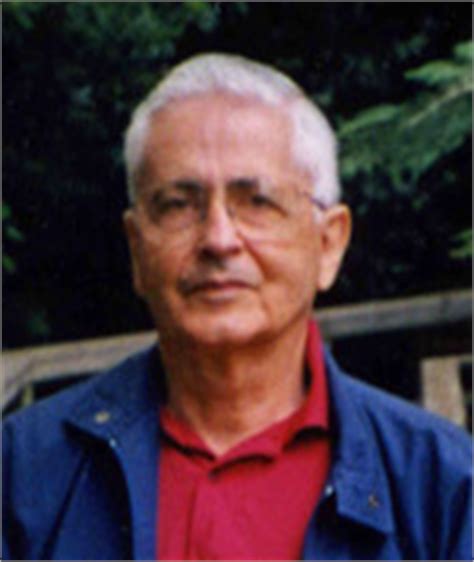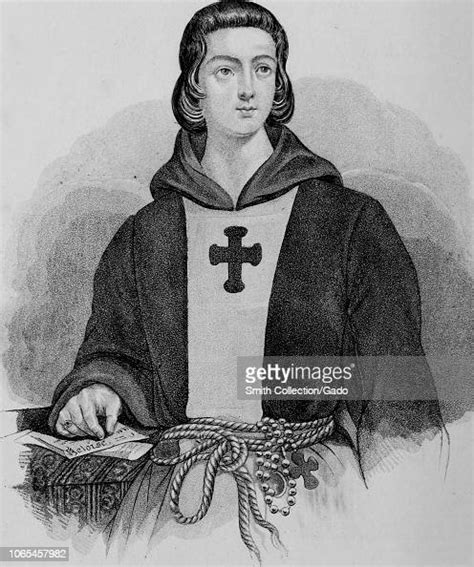A Quote by Tullian Tchividjian
God reminds us again and again that things between He and us are forever fixed. They are the rendezvous points where God declares to us concretely that the debt has been paid, the ledger put away, and that everything we need, in Christ we already possess. This re-convincing produces humility, because we realize that our needs are fulfilled. We don’t have to worry about ourselves anymore. This in turn frees us to stop looking out for what we think we need and liberates us to love our neighbor by looking out for what they need.
Related Quotes
God’s love sets us free from the need to seek approval. Knowing that we are loved by God, accepted by God, approved by God, and that we are new creations in Christ empowers us to reject self-rejection and embrace a healthy self-love. Being secure in God’s love for us, our love for Him, and our love for ourselves, prepares us to fulfill the second greatest commandment: To love our neighbor as ourselves.
Let us pause before the Child of Bethlehem. Let us allow our hearts to be touched, let us allow ourselves to be warmed by the tenderness of God; we need his caress. God is full of love: to him be praise and glory forever! God is peace: let us ask him to help us to be peacemakers each day, in our life, in our families, in our cities and nations, in the whole world. Let us allow ourselves to be moved by God's goodness.
The gospel is saying that, what man cannot do in order to be accepted with God, this God Himself has done for us in the person of Jesus Christ. To be acceptable to God we must present to God a life of perfect and unceasing obedience to his will. The gospel declares that Jesus has done this for us. For God to be righteous he must deal with our sin. This also he has done for us in Jesus. The holy law of God was lived out perfectly for us by Christ, and its penalty was paid perfectly for us by Christ. The living and dying of Christ for us, and this alone is the basis of our acceptance with God
There are two gods. The god our teachers teach us about, and the God who teaches us. The god about whom people usually talk, and the God who talks to us. The god we learn to fear, and the God who speaks to us of mercy. The god who is somewhere up on high, and the God who is here in our daily lives. The god who demands punishment, and the God who forgives us our trespasses. The god who threatens us with the torments of Hell, and the God who shows us the true path.
There are two gods. A god who casts us off because of our sins, and a God who calls to us with His love.
... we did decide to trust Christ, but the reason we made that decision is that God had first made us spiritually alive. ... God comes to us when we're spiritually dead, when we don't even realize our condition, and gives us the spiritual ability to see our plight and to see the solution in Christ. God comes all the way, not partway, to meet us in our need. When we were dead, He made us alive in Christ. And the first act of that new life is to turn in faith to Jesus.
Our redemption through the suffering of Christ is that deeper love within us which not only frees us from slavery to sin, but also secures for us the true liberty of the children of God, in order that we might do all things out of love rather than out of fear - love for him that has shown us such grace that no greater can be found.
None of us like the concept of law because none of us like the restraints it puts on us. But when we understand that God has given us his law to aid us in guarding our souls, we see that the law is for our fulfillment, not for our limitation. The law reminds us that some things, some experiences, some relationships are sacred. When everything has been profaned, it is not just my freedom that has been lost- the loss is everyone's. God gave us the law to remind us of the sacredness of life, and our created legal systems only serve to remind us of the profane judgments we make.
To be loved but not known is comforting but superficial. To be known and not loved is our greatest fear. But to be fully known and truly loved is, well, a lot like being loved by God. It is what we need more than anything. It liberates us from pretense, humbles us out of our self-righteousness, and fortifies us for any difficulty life can throw at us.
We become male automatically because of the Y chromosome and the little magic peanut, but if we are to become men we need the helpof other men--we need our fathers to model for us and then to anoint us, we need our buddies to share the coming-of-age rituals with us and to let us join the team of men, and we need myths of heroes to inspire us and to show us the way.
We must embrace our differences, even celebrate our diversity. We must glory in the fact that God created each of us as unique human beings. God created us different, but God did not create us for separation. God created us different that we might recognize our need for one another. We must reverence our uniqueness, reverence everything that makes us what we are: our language, our culture, our religious tradition.
We need to build our friendships on truth and wholeness. We need friends who can be with us in our loneliness, not people who will cheer us up so that we don’t feel it. We need friends who get furious with us when we are not being real or true to ourselves, not when we don’t do what they want us to do.
After each failure, ask forgiveness, pick yourself up, and try again. Very often what God first helps us toward is not the virtue itself but just this power of always trying again. For however important chastity (or courage, or truthfulness, or any other virtue) may be, this process trains us in habits of the soul which are more important still. It cures our illusions about ourselves and teaches us to depend on God. We learn, on the one hand, that we cannot trust ourselves even in our best moments, and, on the other, that we need not despair even in our worst, for our failures are forgiven.
Our God, who art our winged self, it is thy will in us that willeth.
It is thy desire in us that desireth.
It is thy urge in us that would turn our nights, which are thine, into days which are thine also.
We cannot ask thee for aught, for thou knowest our needs before they are born in us:
Thou art our need; and in giving us more of thyself thou givest us all.





































